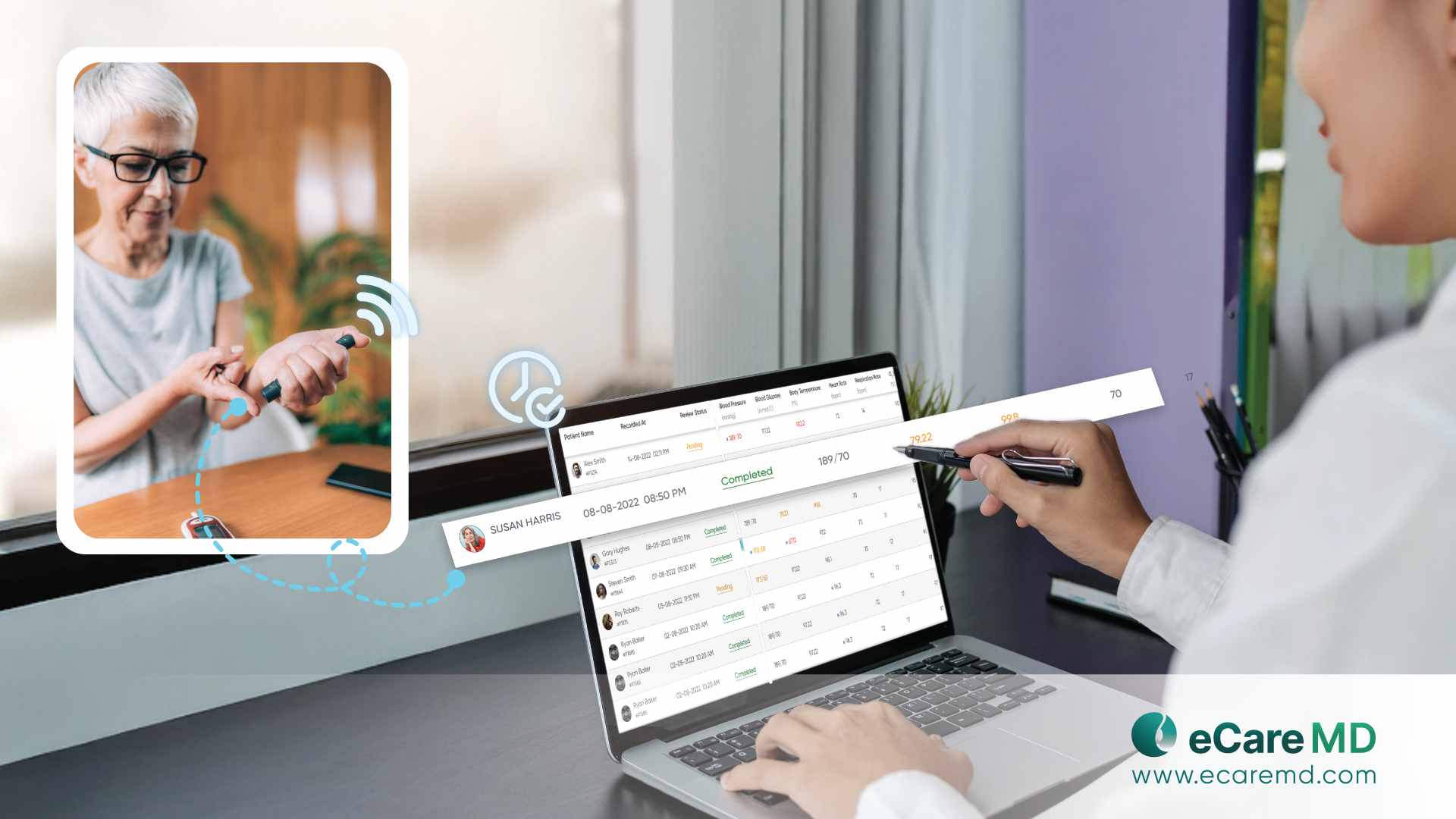Client Overview
The client is a large healthcare provider network in California, comprising multiple clinics and hospitals that cater to over 2,500 patients monthly. The network offers a broad range of services, from primary care to specialized treatment for chronic conditions such as heart disease, diabetes, and COPD. Faced with rising operational costs and the need to improve patient care, the client was looking for innovative software to streamline care delivery while managing costs effectively.
Business challenges
The healthcare provider network faced several financial and operational challenges:
1. High Operational Costs
The client has faced the significant challenge of high operational costs associated with managing chronic conditions, frequent follow-up visits, extended hospitalization resources costs, etc.
2. Limited Resources
Managing the higher patient population with a staff of fewer medical professionals strains the staff, which is a significant challenge for the client.
3. Patient Compliance and Engagement
Ensuring patients adhere to their treatment plans between visits was challenging, leading to poor health outcomes and increased costs.
Solution
The client has approached Medarch Inc. to overcome the challenges and streamline the practice workflow. Our team of business analysts understood the client's requirements through multiple interaction calls and gave a demonstration of eCareMD software. After the demonstration, the client confirmed that the software would resolve all the challenges and approved implementing eCareMD software in their practices. After approval, our team implemented the software in the client’s practice, and the client experienced increased practice revenue and enhanced quality of care delivery.
1. Real-Time Monitoring of Chronic Conditions

The real-time patient health monitoring functionality of the eCareMD software mitigates the higher operational costs. It allows integrated devices to track real-time patient health vitals and transmit them to the care provider’s live dashboard. It reduced the frequent follow-up visits and strain on the medical staff.
2. Automated Alerts and Notifications
The system generated automated alerts for healthcare providers when a patient’s vital signs exceeded predefined thresholds. It allows care providers to make necessary interventions on time to reduce health complications. Hence, the patient hospital readmission rate has been reduced, which has helped to minimize the operational costs of managing hospitalized patients.
3. Virtual Consultations
The eCareMD platform facilitated virtual consultations, reducing the need for in-person visits. This saved time for both patients and providers and reduced costs associated with office visits and emergency room admissions.
4. Educational Materials and reminders
The software includes educational material functionality that enables patients to understand more about their chronic health conditions and the advantages of following the treatment recommendations. Also, the reminders functionality enables care providers to configure reminders to be sent via email and SMS and push notifications format on an hourly, daily, and weekly basis.
These functionalities have increased patient engagement and treatment adherence, which leads to improved health outcomes.
Value Delivered
The implementation of Remote Patient Monitoring led to significant cost savings and operational improvements for the healthcare provider network:
1. Reduced Hospital Readmissions
The network saw a 25% reduction in hospital readmissions for patients enrolled in the RPM program. This reduction saved significant costs associated with patient hospital readmissions.
2. Lowered Operational Costs
By reducing the need for in-person visits and hospitalizations, the client achieved a 25% reduction in overall operational costs related to chronic condition management.
3. Increased Provider Efficiency
Monitoring patients remotely and conducting virtual consultations allowed providers to manage a larger patient population without additional staffing costs. Provider efficiency improved by 30%, reducing burnout and enhancing the quality of care delivered.
4. Improved Patient Outcomes
Patients enrolled in the RPM program demonstrated better adherence to treatment plans and improved health outcomes, leading to a 20% increase in patient satisfaction scores. This improvement enhanced patient retention and attracted new patients to the network.
KEY RESULT
30%
Reduction in operational costs for practice
25%
Reduction in patient hospital readmissions
30%
Increased Provider efficiency
20%
Improved patient health outcomes

